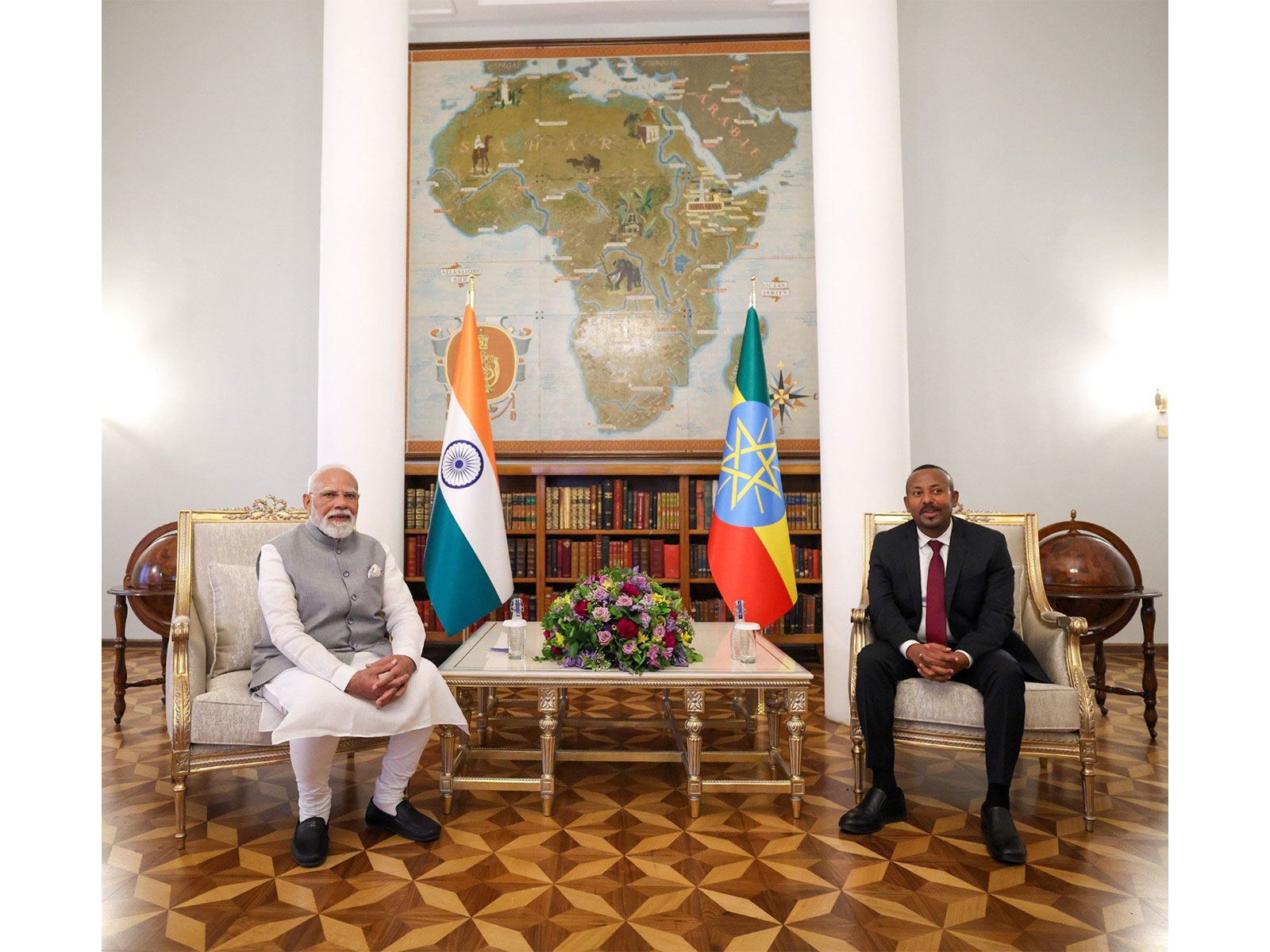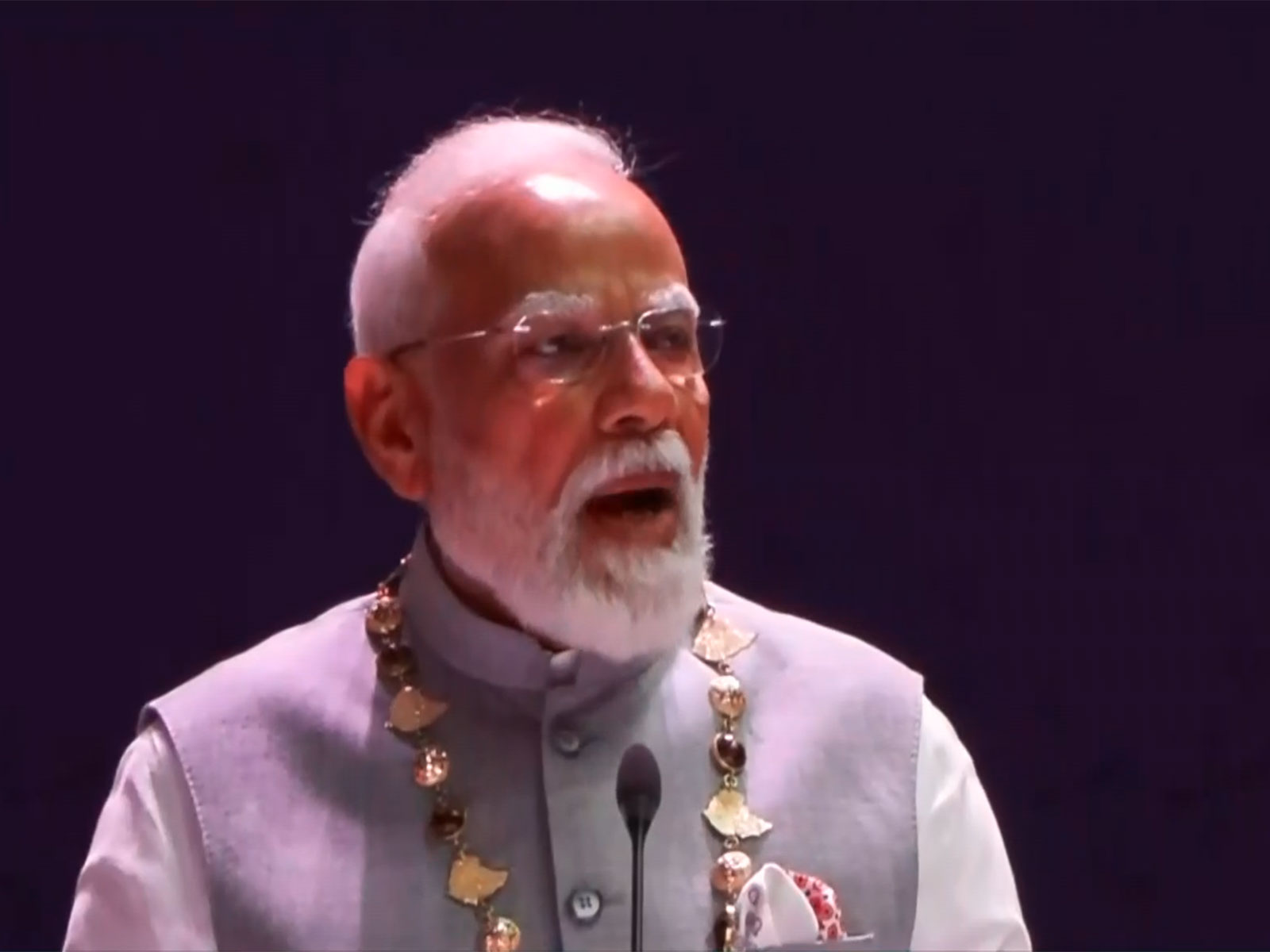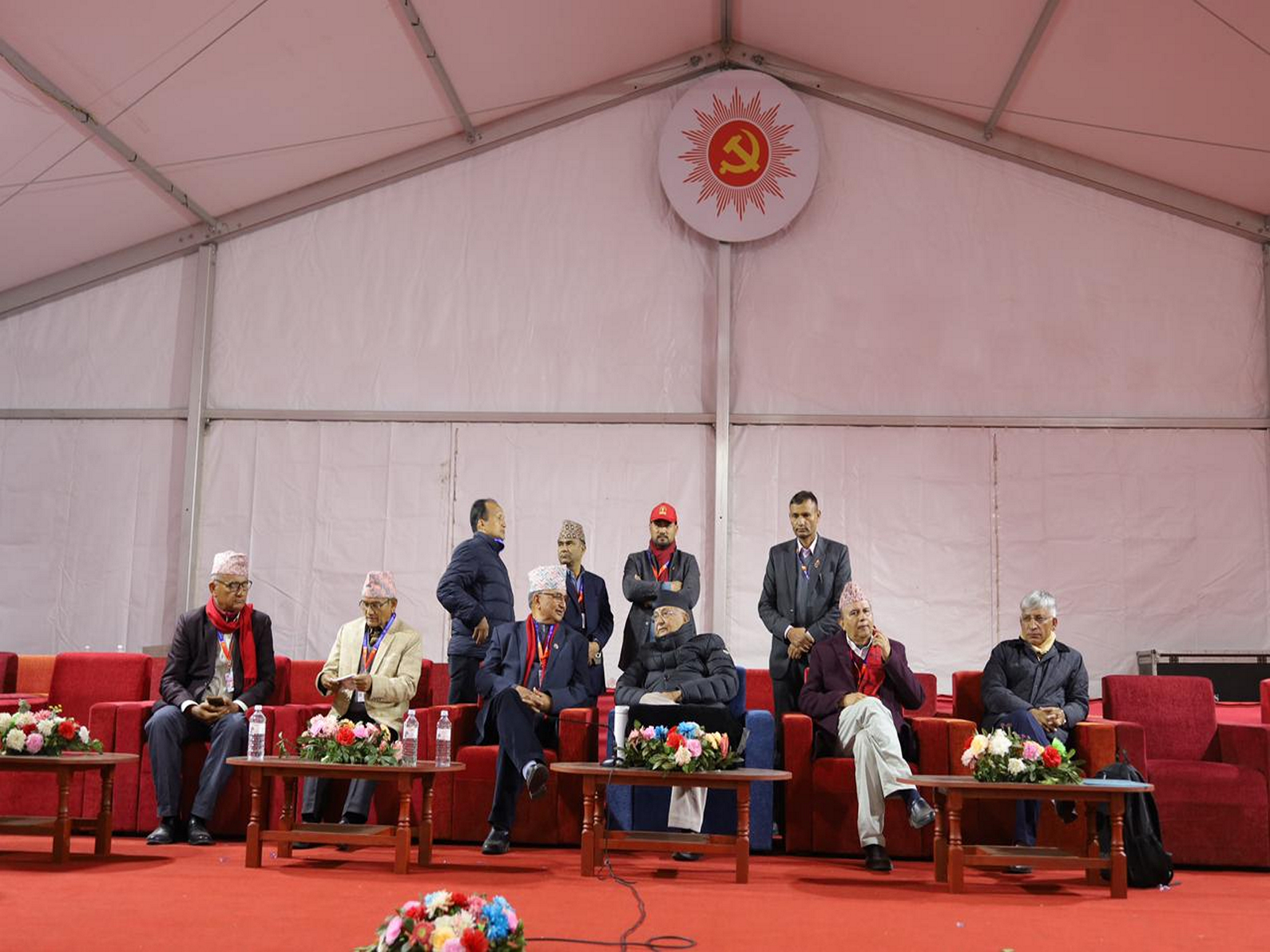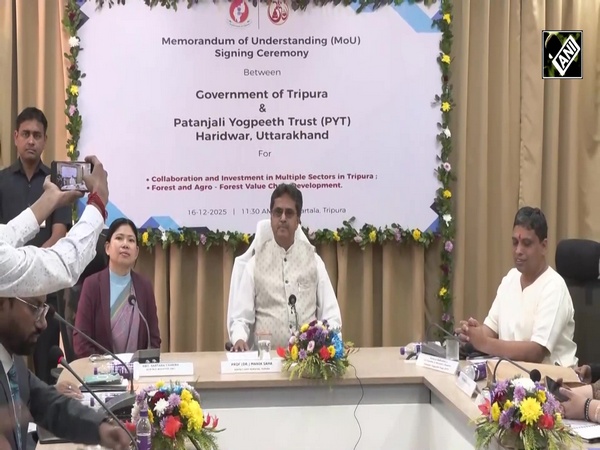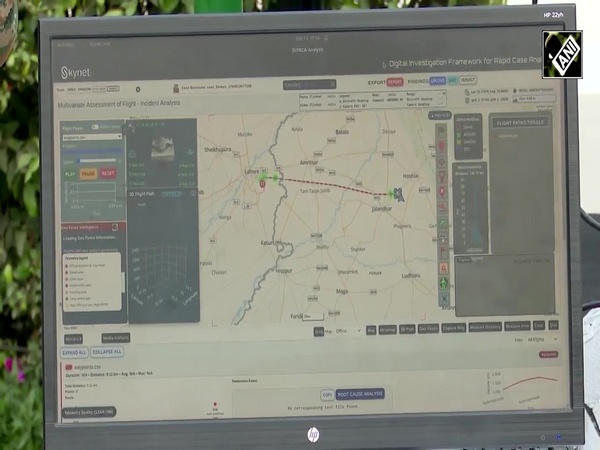China's maritime expansion faces growing pushback, says Taiwan's intelligence agency
Oct 20, 2024

Taipei [Taiwan], October 20, : China's efforts to extend its influence in the waters surrounding Taiwan are encountering significant international resistance, the National Security Bureau (NSB), Taiwan's principal intelligence agency has said.
In a report from the NSB to the Legislative Yuan, Beijing's activities in the Taiwan Strait and the East China and South China seas have prompted international responses. The report states that the strategic rivalry between the US and China remains unchanged, the Taipei Times reported.
The US is closely observing China's coercive "gray zone" strategies in the Indo-Pacific and has reaffirmed its support for maintaining the current situation in the Taiwan Strait.
At the same time, China continues to assert its stance on Taiwan, highlighting its right to enforce its laws in the South China Sea. Additionally, it has sought to marginalise the US concerning the ongoing issues, as outlined in the Declaration on the Conduct of Parties in the South China Sea.
To counter the US containment strategy, China has also halted discussions on arms control and arms proliferation with the US, the NSB reported.
According to the report, Chinese President Xi Jinping has been working to prepare his party and military for potential naval conflicts while also advocating for developing "modern" sea and air border defences.
The NSB reported that China has expanded its jurisdiction in the region with laws like China Coast Guard Regulation No. 3, which permits the Coast Guard to board and detain vessels in contested waters it claims. Additionally, China has increased its patrols and surveillance at sea.
The report noted that in the Taiwan Strait area, the Chinese People's Liberation Army (PLA) has upgraded coastal airports and conducted military exercises to showcase the integration of its maritime policing and military capabilities, thereby exerting pressure on Taiwan.
According to the report, the PLA has regularly entered restricted waters near Taiwan's outlying islands using military, non-military, and dual-use vessels. It has even dispatched small speedboats to Taiwan's Linkou and Tamsui, broadening the scope of its "gray zone" tactics and increasing harassment of Taiwan, according to the news outlet Taipei Times.
It stated that in the East China Sea, the PLA recently dispatched four armed vessels to the Diaoyutai Islands (known as the Senkakus in Japan). This follows its patrols around Japan's Ryukyu Islands and the deployment of an intelligence-gathering aircraft in Japan's airspace for the first time in August.
In the South China Sea, the PLA conducted joint naval exercises with the Russian Navy for the first time in eight years and engaged in contentious actions, including ramming vessels of the Philippine Coast Guard. In response, the US and its allies have consistently emphasised the significance of maintaining peace and stability in the Taiwan Strait, opposing China's provocations.
The US has positioned Japan at the centre of its Indo-Pacific strategy by recently upgrading its unified command in Japan, strengthening ties between Japan and the Philippines and Australia, and through alliances like AUKUS and the Quad, which includes Australia, Japan, India, and the US.
Additionally, the report noted that European countries are increasingly voicing their concerns about stability and peace in the region by conducting more frequent transits through the Taiwan Strait and participating in joint military training exercises.
